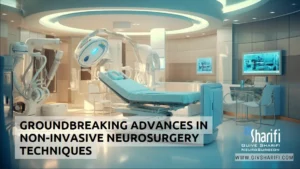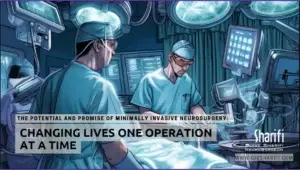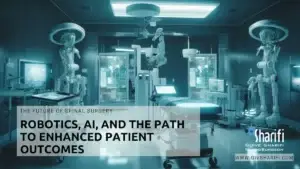A New Era of Pediatric Neurosurgery
Pediatric neurosurgery has come a long way in recent years, with groundbreaking advancements in medical technology and innovative surgical techniques. These developments have improved outcomes for children affected by neurological disorders and significantly enhanced their quality of life.
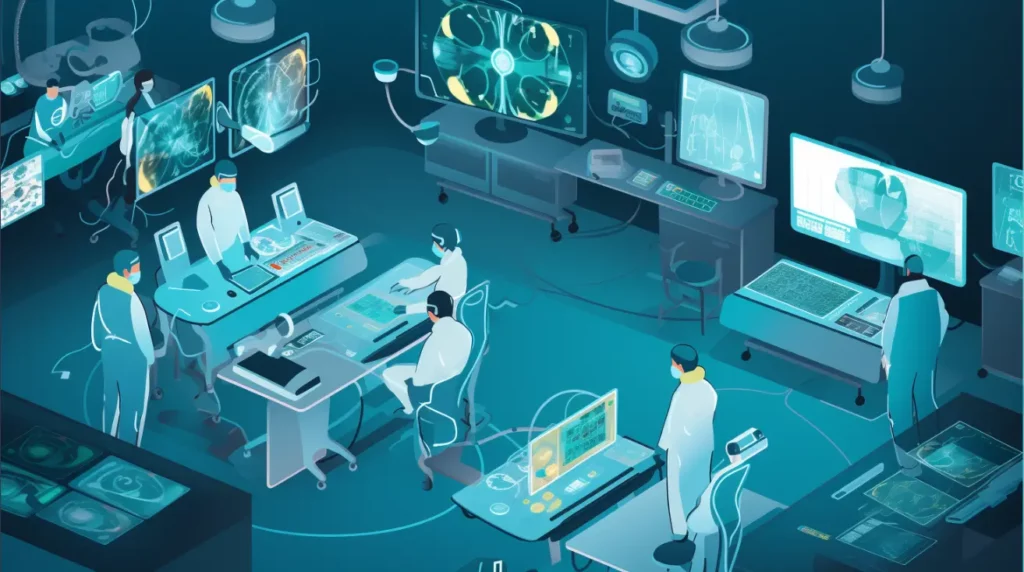
Minimally Invasive Procedures: Maximizing Patient Benefits
Minimally invasive procedures have become increasingly popular, offering numerous benefits to young patients, including:
- Smaller incisions
- Reduced blood loss
- Shorter hospital stays
- Faster recovery times
- Lower risk of complications
These procedures are fundamental in pediatric cases, as they help minimize trauma to the developing brain and spinal cord, resulting in better long-term outcomes.
You might like this article: A Guide to Understanding Spinal Cord Injuries and Neurosurgical Treatments
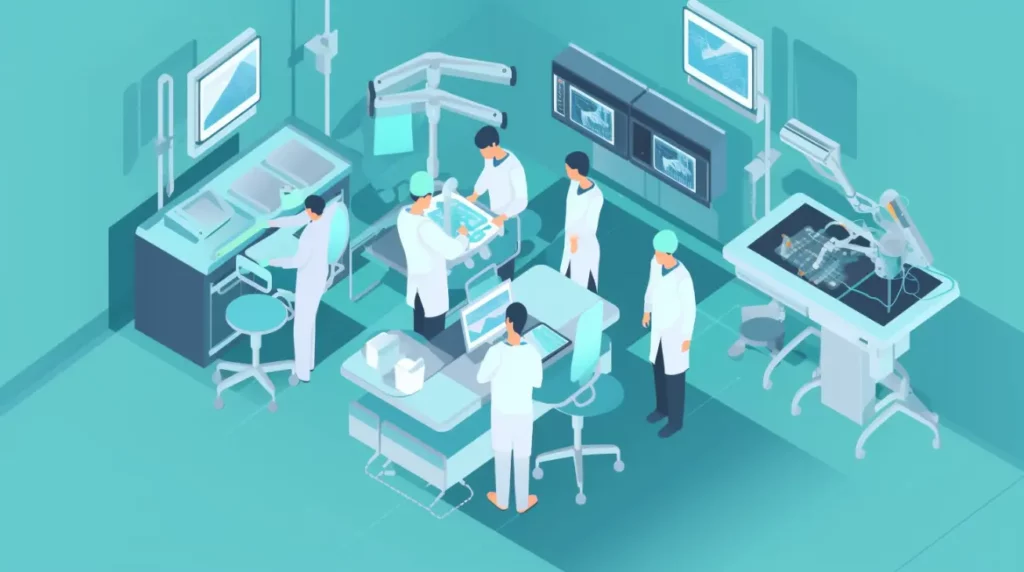
Advanced Treatments for Complex Conditions
Innovations in pediatric neurosurgery are revolutionizing the treatment of complex neurological disorders, such as:
- Brain tumors: Advanced imaging techniques and intraoperative navigation tools allow for safer and more precise tumor removal.
- Hydrocephalus: Endoscopic third ventriculostomy (ETV) and shunt systems have improved the management of this condition, reducing the need for multiple surgeries.
- Epilepsy: New surgical techniques, such as laser ablation and responsive neurostimulation, provide more effective and less invasive treatment options.
The Power of Collaboration and Multidisciplinary Teams in Pediatric Neurosurgery
Pediatric neurosurgery has become a highly collaborative field, with specialists working together to provide comprehensive patient care. Multidisciplinary teams often include:
- Pediatric neurosurgeons
- Pediatric neurologists
- Neuropsychologists
- Physical and occupational therapists
- Social workers
These teams collaborate to create personalized treatment plans that address the unique needs of each child, resulting in improved patient outcomes and a better overall quality of life.
Expanding Access to Expert Care
Telemedicine is increasingly essential, allowing families to access expert care from anywhere in the world. This technology has proven particularly valuable for patients living in remote or underserved areas, where access to specialized care may be limited.
You might like this article: The Future of Spinal Surgery: Robotics, AI, and the Path to Enhanced Patient Outcomes
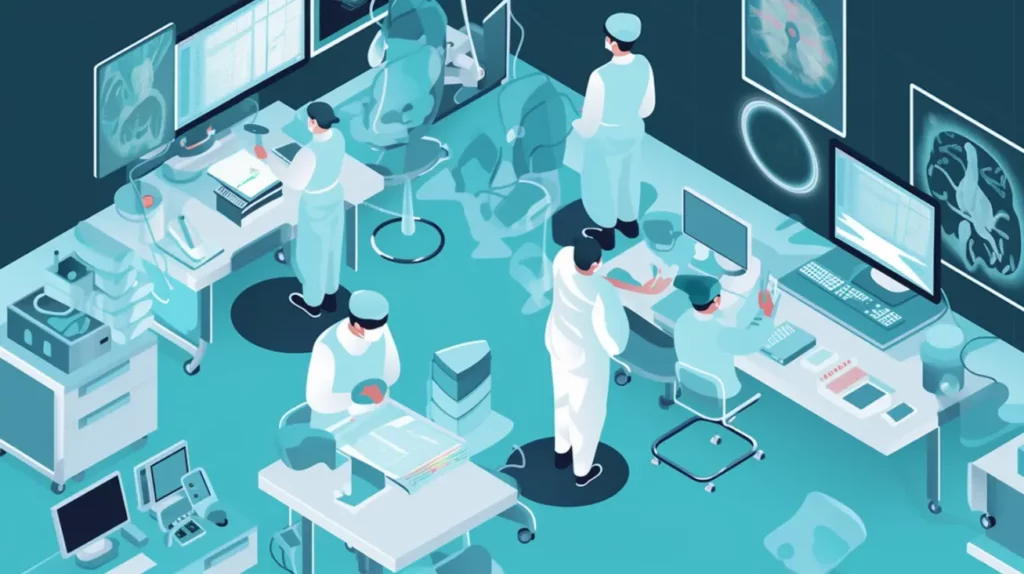
A Brighter Future for Children with Neurological Disorders
Children with neurological disorders can look forward to a brighter future as pediatric neurosurgery advances. These cutting-edge procedures and innovations transform lives, allowing young patients to overcome challenges and live their lives to the fullest.
All the images in this article are generated by AI.


